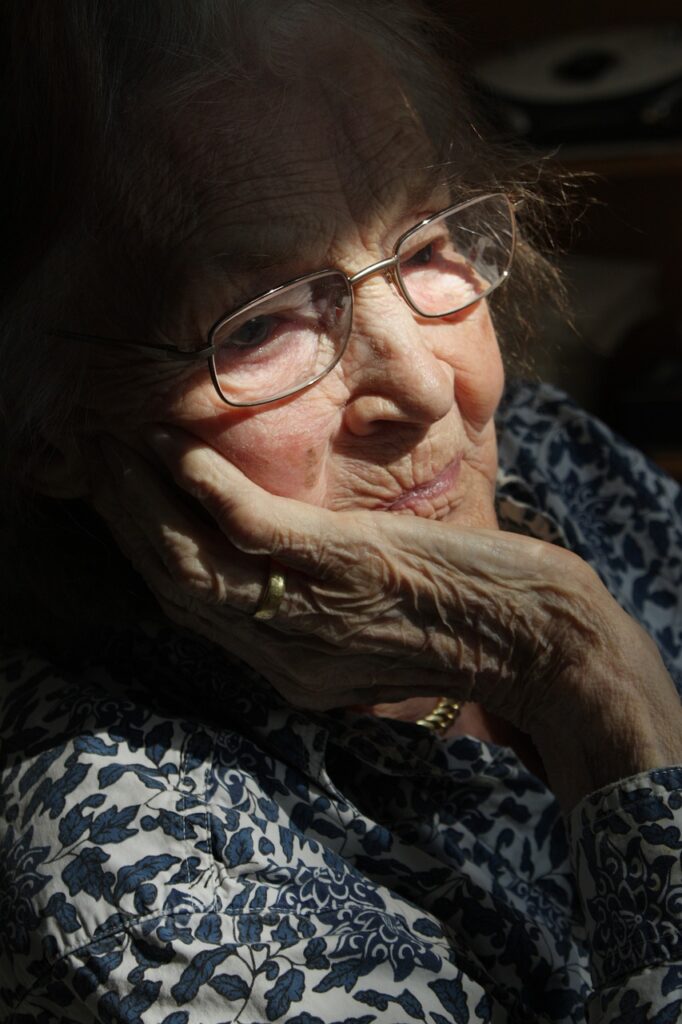The draft 10-Year Dementia Action Plan by the Federal Government has been criticized for neglecting several crucial reform areas, as pointed out by numerous prominent advocacy organizations.
The consultation paper, which was made public in November 2022, outlines the Government’s strategy for enhancing public understanding of dementia and providing superior post-diagnostic support for those affected by the disease and their caregivers.

The action plan highlights seven primary goals:
- Combating stigma and discrimination, particularly those faced by marginalized groups such as First Nations, Culturally and Linguistically Diverse (CALD), and LGBTQI+ older Australians.
- Reducing risk and slowing the onset and progression of neurodegenerative conditions.
- Enhancing dementia diagnosis and post-diagnostic care and support, including through local Brain Hubs offering multi-disciplinary care, including allied health.
- Improving treatment, coordination, and support throughout the dementia journey.
- Assisting individuals caring for those living with dementia.
- Developing dementia capability in the workforce.
- Enhancing dementia data and maximizing the impact of dementia research and innovation.
While the action plan is seen as a positive step by Craig Gear OAM, CEO of the Older Persons Advocacy Network (OPAN), he believes it lacks some critical elements.
Gear appreciates the plan’s potential to raise awareness and provide suitable services and supports for people living with dementia, their caregivers, and families. However, he expresses concern that the current draft does not mention the human rights of people living with dementia.
The draft plan’s seven objectives are generally well-received, but sector advocates have raised concerns about several omissions.
A review of the draft document reveals that it does not explicitly address several royal commission recommendations. These include a human rights-based framework; the creation of deinstitutionalized, home-like facilities accessible to older Australians even in advanced stages of dementia; and enabling ‘self-determination’ and ‘dignity of risk’ within residential care settings.
Gear also highlights that members of OPAN’s National Older Persons Reference Group have drawn attention to the draft plan’s lack of action around locked dementia units.
Tamar Krebs, founder and CEO of deinstitutionalized dementia care provider Group Homes Australia, shares Gear’s concern about the common practice of confining persons with dementia.
